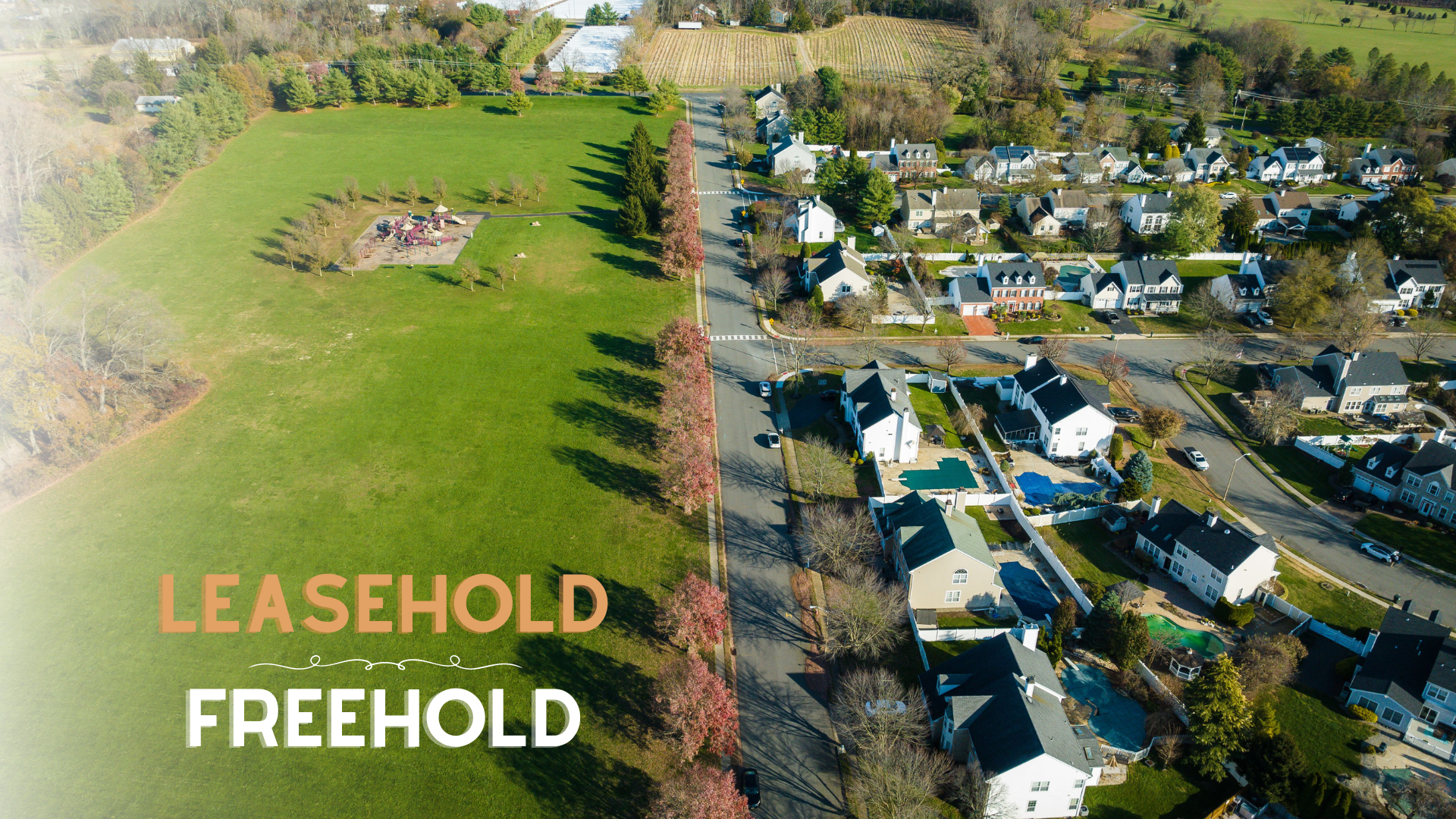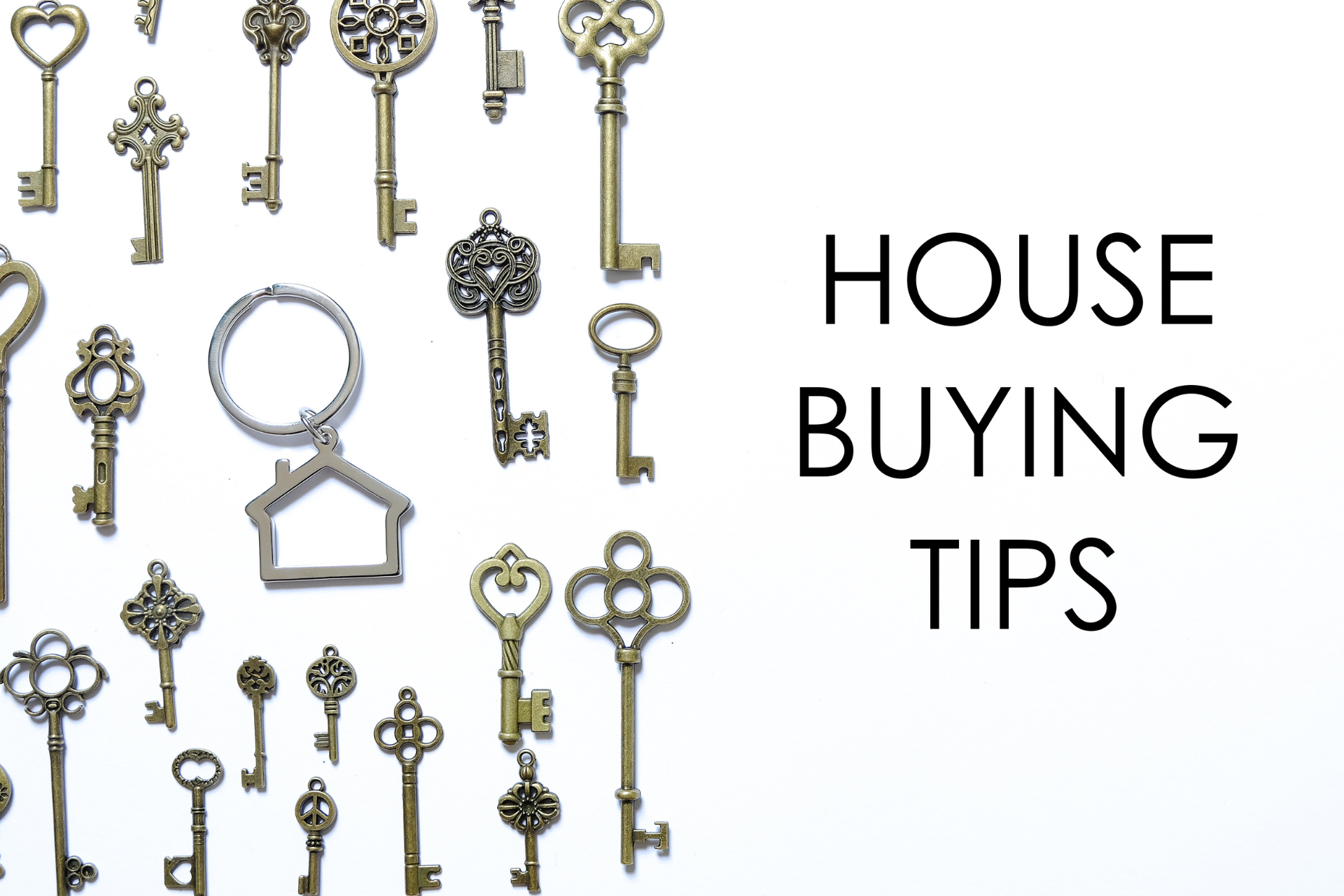What is Minimum down payment for mortgage
When it comes to purchasing a home, one of the most important factors to consider is the down payment. The down payment is the initial amount of money that you pay upfront towards the purchase price of the property. In this article, we will explore the minimum down payment requirements for different types of mortgages and discuss the benefits of a higher down payment.
Key Takeaways
- The minimum down payment for a conventional mortgage is typically 20% of the purchase price.
- For an FHA loan, the minimum down payment is 3.5% of the purchase price.
- There are some exceptions to the minimum down payment requirements, such as VA loans and USDA loans.
- To qualify for a lower down payment, you may need to meet certain criteria, such as having a good credit score or using a down payment assistance program.
- A higher down payment can lead to benefits like lower interest rates, reduced mortgage insurance premiums, faster equity buildup, and improved loan terms and options.
Understanding Mortgage Down Payment
What is a down payment?
A down payment is a payment made upfront when purchasing a property, typically expressed as a percentage of the total purchase price. It is a crucial component of the mortgage process and is required by lenders. The down payment serves as a way for borrowers to demonstrate their commitment to the purchase and reduce the risk for the lender. By making a down payment, borrowers are investing their own money into the property, which provides a sense of financial responsibility and stability.
When determining the down payment amount, several factors come into play, including the type of mortgage, the borrower's financial situation, and the lender's requirements. It is important to note that the down payment is separate from other costs associated with buying a home, such as closing costs and prepaid expenses.
To calculate the down payment amount, borrowers can use a mortgage calculator. This tool takes into account the purchase price, loan amount, interest rate, and other factors to determine the minimum down payment required. Additionally, borrowers can refer to a real estate dictionary to familiarize themselves with the terminology and concepts related to down payments and mortgages.
In summary, a down payment is a payment made upfront when purchasing a property. It is required by lenders and serves as a way for borrowers to demonstrate their commitment to the purchase. Factors such as the type of mortgage and the borrower's financial situation influence the down payment amount. Borrowers can use a mortgage calculator and refer to a real estate dictionary for assistance in determining the minimum down payment required.
Why is a down payment required?
A down payment is required when obtaining a mortgage because it serves as a financial commitment from the borrower. It shows that the borrower is willing to invest their own money into the property, which reduces the risk for the lender. Additionally, a down payment helps to establish equity in the property from the start.
By making a down payment, borrowers can also potentially qualify for better loan terms and options. Lenders often offer lower interest rates and reduced mortgage insurance premiums to borrowers with a higher down payment. This can result in significant savings over the life of the mortgage.
To determine the down payment amount, borrowers can use a mortgage calculator to estimate their monthly payments based on different down payment percentages. It's also helpful to consult a real estate dictionary to understand key terms and concepts related to down payments and mortgages.
How does the down payment affect the mortgage?
The down payment plays a crucial role in determining the terms of your mortgage. It is the initial amount of money you pay upfront towards the purchase of a home. Mortgage Calculator can help you estimate the down payment amount based on the purchase price and loan type. A larger down payment typically leads to a lower loan-to-value ratio, which means you borrow less money compared to the home's value. This can result in several benefits:
- Lower interest rates: Lenders often offer lower interest rates to borrowers with a higher down payment.
- Reduced mortgage insurance premiums: With a larger down payment, you may be able to avoid or reduce the cost of private mortgage insurance (PMI).
- Faster equity buildup: A higher down payment means you start with more equity in your home, allowing you to build equity faster.
- Improved loan terms and options: A substantial down payment can give you access to more favorable loan terms and options.
It's important to understand the impact of the down payment on your mortgage and consider your financial goals and circumstances when determining the amount to put down. Consulting a real estate dictionary can provide further insights into the terminology and concepts related to mortgages and home buying.
Factors to consider when determining the down payment amount
When determining the down payment amount for a mortgage, there are several factors to consider. One important factor is the Mortgage Calculator. Using a mortgage calculator can help you estimate how much you can afford to borrow based on your income, expenses, and other financial factors. It can also show you how different down payment amounts can affect your monthly mortgage payments.
Another factor to consider is your real estate dictionary. Familiarize yourself with common real estate terms and concepts, such as loan-to-value ratio, debt-to-income ratio, and private mortgage insurance. Understanding these terms can help you make informed decisions when determining your down payment amount.
Additionally, it's important to consider your financial goals and circumstances. Are you planning to stay in the home for a long time? Do you have other financial obligations or goals, such as saving for retirement or paying off debt? These factors can influence the amount you choose to put towards your down payment.
Lastly, it's worth noting that lenders may have their own requirements and guidelines for down payments. Some lenders may offer more flexibility or options for lower down payments, while others may require a higher minimum down payment. It's important to research and compare different lenders to find the best option for your specific situation.
Minimum Down Payment Requirements
What is the minimum down payment for a conventional mortgage?
The minimum down payment for a conventional mortgage is typically 20% of the home's purchase price. However, some lenders may accept a lower down payment, but this often comes with additional requirements such as private mortgage insurance (PMI). PMI is an insurance policy that protects the lender in case the borrower defaults on the loan. It is important to note that a higher down payment can help borrowers avoid PMI and potentially secure a lower interest rate.
To determine the exact down payment amount for a conventional mortgage, it is recommended to use a mortgage calculator. These online tools take into account factors such as the home price, loan term, and interest rate to provide an estimate of the required down payment. Additionally, borrowers can refer to a real estate dictionary to understand key terms and concepts related to mortgages and home buying.
In summary, the minimum down payment for a conventional mortgage is typically 20%, but borrowers may be able to qualify for a lower down payment with the inclusion of PMI. Utilizing a mortgage calculator and familiarizing oneself with real estate terminology can help borrowers make informed decisions when determining the down payment amount.
What is the minimum down payment for an FHA loan?
The minimum down payment for an FHA loan is 3.5% of the purchase price or appraised value, whichever is less. This means that if you're buying a home for $200,000, your minimum down payment would be $7,000. FHA loans are popular among first-time homebuyers because of their low down payment requirement. To calculate your down payment amount, you can use a mortgage calculator or refer to a real estate dictionary for more information on FHA loan requirements and terms.
It's important to note that the down payment is just one factor that lenders consider when approving an FHA loan. Your credit score, income, and debt-to-income ratio will also play a role in determining your eligibility. Additionally, FHA loans require mortgage insurance, which is an additional cost to consider when budgeting for your home purchase.
If you're unable to meet the minimum down payment requirement for an FHA loan, there are options available to help you qualify for a lower down payment. Some state and local government programs, as well as certain nonprofit organizations, offer down payment assistance programs that can help reduce the upfront cost of buying a home.
Are there any exceptions to the minimum down payment requirements?
While the minimum down payment requirements for most mortgages are set by lenders and government agencies, there are some exceptions that borrowers should be aware of. These exceptions can provide opportunities for borrowers to secure a mortgage with a lower down payment. One exception is the availability of down payment assistance programs, which can help eligible borrowers cover a portion of their down payment. Another exception is the option to use gift funds, where a borrower can receive a monetary gift from a family member or close friend to use towards their down payment. Additionally, some lenders may offer specialized mortgage products that have lower down payment requirements, such as certain first-time homebuyer programs. It's important for borrowers to explore these exceptions and discuss them with their lender to determine if they qualify and how they can benefit from them.
How can you qualify for a lower down payment?
To qualify for a lower down payment on a mortgage, there are several options you can explore. One option is to use a mortgage calculator to determine how much you can afford to borrow based on your income, expenses, and desired monthly payment. This can help you understand the potential down payment required for different loan amounts.
Another option is to consider government-backed loan programs, such as those offered by the Federal Housing Administration (FHA). These programs often have lower down payment requirements compared to conventional mortgages. For example, the minimum down payment for an FHA loan is typically 3.5% of the purchase price.
Additionally, you may be able to qualify for a lower down payment by taking advantage of down payment assistance programs. These programs provide financial assistance to eligible homebuyers, helping them cover a portion of their down payment.
It's important to note that qualifying for a lower down payment may also depend on factors such as your credit score, income, and debt-to-income ratio. Consulting with a mortgage lender or using a real estate dictionary can provide further guidance on the specific requirements and options available to you.
Benefits of a Higher Down Payment
Lower interest rates
A higher down payment can lead to lower interest rates on your mortgage. Lenders view borrowers with a larger down payment as less risky, which can result in a lower interest rate. This can save you thousands of dollars over the life of your loan. To determine how much you can save, you can use a mortgage calculator to compare different down payment amounts and their corresponding interest rates.
In the real estate dictionary, a down payment is defined as the initial payment made by a borrower when purchasing a property. It is typically expressed as a percentage of the total purchase price. The higher the down payment, the lower the loan-to-value ratio, which can lead to better loan terms and options.
Here are some key points to consider:
- A higher down payment can result in significant savings in interest payments.
- Lenders may offer lower interest rates for borrowers with a larger down payment.
- Using a mortgage calculator can help you determine the potential savings of a higher down payment.
Reduced mortgage insurance premiums
Reduced mortgage insurance premiums are one of the benefits of making a higher down payment on a mortgage. Mortgage insurance is typically required for borrowers who make a down payment of less than 20% of the home's purchase price. This insurance protects the lender in case the borrower defaults on the loan. By making a larger down payment, borrowers can reduce the amount of mortgage insurance they need to pay. This can result in significant savings over the life of the loan.
Mortgage Calculator: Using a mortgage calculator can help you determine how much you can save on mortgage insurance premiums by making a higher down payment. By inputting different down payment amounts, you can see how the monthly insurance costs change.
Real estate dictionary: It's important to familiarize yourself with terms related to mortgage insurance, such as private mortgage insurance (PMI) and mortgage insurance premium (MIP). Understanding these terms can help you make informed decisions when it comes to your mortgage.
Faster equity buildup
Faster equity buildup is one of the key benefits of making a higher down payment on a mortgage. Equity is the difference between the current market value of your home and the amount you owe on your mortgage. By making a larger down payment, you start off with more equity in your home. This can be advantageous in several ways:
- Faster Principal Reduction: With a higher down payment, a larger portion of your initial mortgage payments goes towards paying down the principal balance. This means you build equity at a faster rate.
- Lower Loan-to-Value Ratio: A higher down payment results in a lower loan-to-value (LTV) ratio, which is the percentage of the home's value that is financed by the mortgage. A lower LTV ratio can give you more favorable loan terms and options.
- Protection Against Market Fluctuations: Having more equity in your home provides a cushion against potential market downturns. If home values decline, you are less likely to owe more on your mortgage than your home is worth.
It's important to note that the actual rate of equity buildup will depend on various factors, including the interest rate, loan term, and any additional principal payments you make. To get a more accurate estimate of your equity buildup over time, you can use a mortgage calculator. Additionally, if you come across any unfamiliar terms related to equity or mortgages, you can refer to a real estate dictionary for definitions and explanations.
Improved loan terms and options
When you make a higher down payment on your mortgage, you can enjoy several benefits that can improve your loan terms and options. Mortgage Calculator can help you determine how a higher down payment can affect your monthly payments and overall loan amount. By putting more money down upfront, you can reduce the risk for lenders, which may result in lower interest rates. This can save you thousands of dollars over the life of your mortgage.
Additionally, a higher down payment can also lead to reduced mortgage insurance premiums. With a lower loan-to-value ratio, you may be able to avoid private mortgage insurance (PMI) altogether or pay a lower premium. This can further decrease your monthly expenses and increase your overall savings.
Furthermore, a larger down payment allows you to build equity in your home faster. Equity is the difference between the market value of your home and the remaining balance on your mortgage. By starting with a larger equity stake, you can potentially access better loan terms and options in the future, such as refinancing or obtaining a home equity loan.
In summary, making a higher down payment can provide you with improved loan terms and options. It can lead to lower interest rates, reduced mortgage insurance premiums, faster equity buildup, and increased flexibility in managing your mortgage. Before making a decision, it's important to consult a real estate dictionary and consider your financial situation and long-term goals.
Conclusion
In conclusion, understanding the minimum down payment requirements for a mortgage is crucial for potential homebuyers. The down payment amount can have a significant impact on the overall cost of the mortgage, including interest rates and loan terms. While the minimum down payment varies depending on the type of mortgage, it is important to consider the benefits of a higher down payment, such as lower interest rates, reduced mortgage insurance premiums, faster equity buildup, and improved loan terms and options. By saving for a larger down payment, homebuyers can potentially save money in the long run and have more flexibility in their mortgage options. It is advisable to consult with a mortgage professional to determine the best down payment strategy based on individual financial circumstances and goals.
Frequently Asked Questions
-
What is a down payment?
A down payment is a payment made upfront when purchasing a home, representing a percentage of the total purchase price
-
Why is a down payment required?
A down payment is required by lenders as it reduces the risk of default and demonstrates the borrower's financial commitment to the mortgage.
-
How does the down payment affect the mortgage?
The down payment affects the mortgage by reducing the loan amount, which in turn lowers the monthly mortgage payments and may impact the interest rate and loan terms.
-
What is the minimum down payment for a conventional mortgage?
The minimum down payment for a conventional mortgage is typically 20% of the purchase price. However, some lenders may accept a lower down payment with the requirement of private mortgage insurance (PMI).
-
What is the minimum down payment for an FHA loan?
The minimum down payment for an FHA loan is 3.5% of the purchase price. FHA loans are backed by the Federal Housing Administration and have specific requirements for down payments and mortgage insurance.
-
Are there any exceptions to the minimum down payment requirements?
There may be exceptions to the minimum down payment requirements for certain loan programs, such as VA loans for eligible veterans and active-duty military personnel, which may offer zero-down payment options.
Learn More

Contact Us
Navigation Links
Newsletter
For exclusive news and market updates sign up for our newsletter.
Email Newsletter
We will get back to you as soon as possible.
Please try again later.
By submitting this form, I agree to the Privacy Policy and consent to the processing of my personal data as described therein.
All information deemed reliable but not guaranteed. All properties are subject to prior sale, change or withdrawal. Neither listing broker(s) or information provider(s) shall be responsible for any typographical errors, misinformation, misprints and shall be held totally harmless. Listing(s) information is provided for consumer's personal, non-commercial use and may not be used for any purpose other than to identify prospective properties consumers may be interested in purchasing. The data relating to real estate for sale on this website comes in part from the Internet Data Exchange program of the Multiple Listing Service. Real estate listings held by brokerage firms other than RE/MAX Professionals North may be marked with the Internet Data Exchange logo and detailed information about those properties will include the name of the listing broker(s) when required by the MLS. Copyright ©2023 All rights reserved.
© 2023 Haliburton Gold Group | *Each office independently owned and operated.








